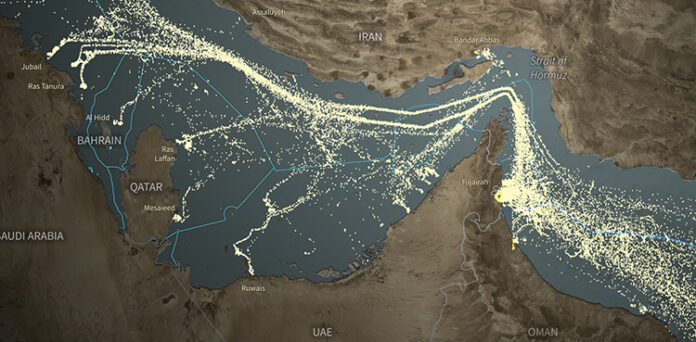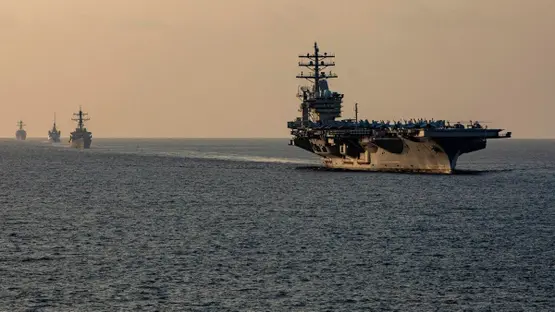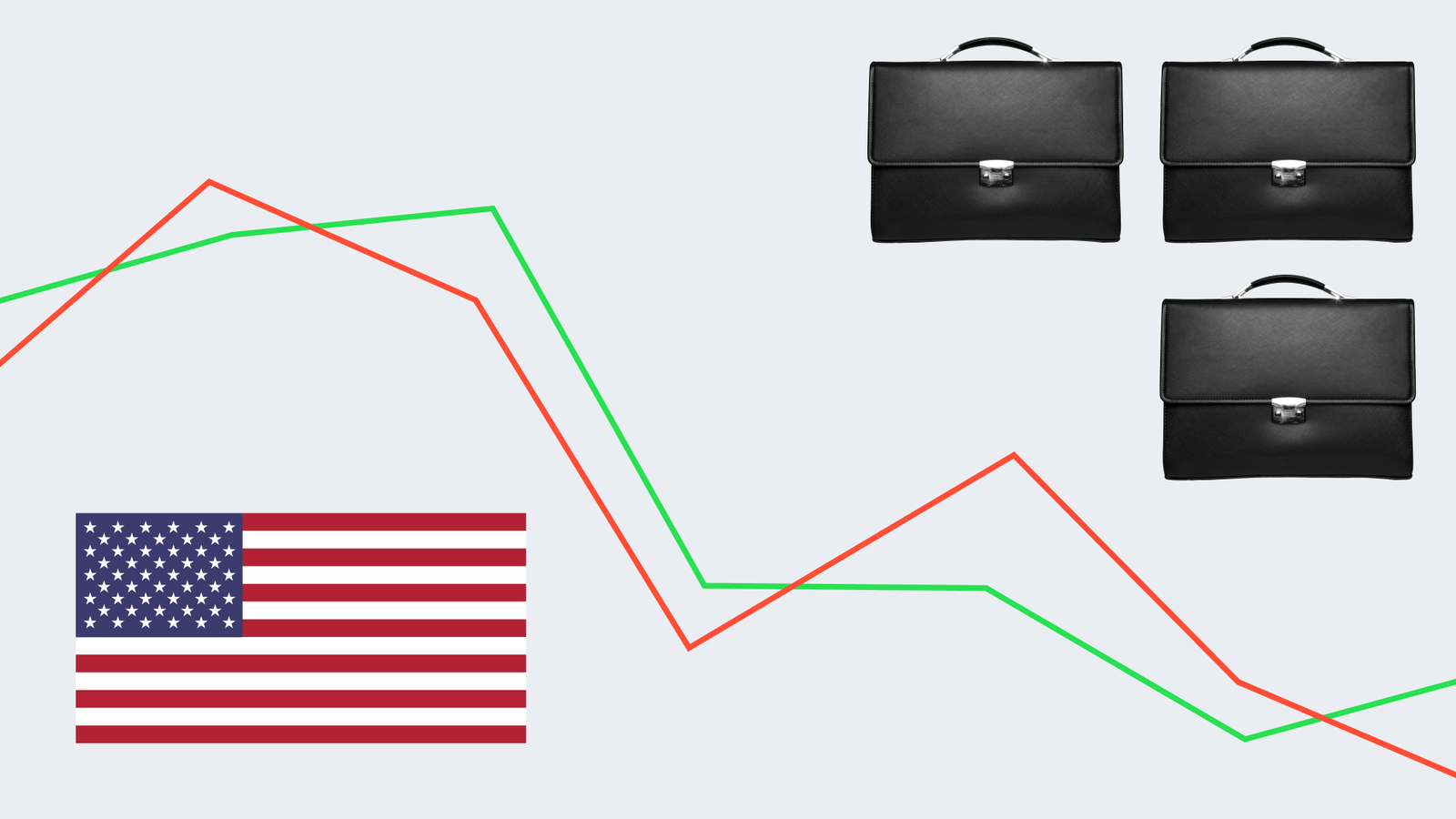US Secretary of State Rubio Urges China to Dissuade Iran from Closing Strait of Hormuz Amid Rising Tensions
WASHINGTON, June 22 (GorgeousTrends.com) — In the wake of U.S. airstrikes on key Iranian nuclear facilities, Secretary of State Marco Rubio has publicly called on China to intervene diplomatically and urge Iran against shutting down the Strait of Hormuz, a crucial maritime chokepoint for global oil and gas shipments.

Rubio emphasized China’s heavy reliance on oil transiting through the strait, which sees nearly 20% of the world’s petroleum flow. His remarks followed a report from Iran’s state-owned Press TV claiming that the Iranian parliament had approved a measure to close the Strait—a move that would send shockwaves through the global energy market.
“I encourage the Chinese government in Beijing to call them about that,” Rubio stated, “because they heavily depend on the Strait of Hormuz for their oil. If they do that, it will be another terrible mistake. It’s economic suicide for them. And we retain options to deal with that, but other countries should be looking at that as well. It would hurt other countries’ economies a lot worse than ours.”
Rubio, who also serves as the National Security Adviser, warned that any closure of the strait would constitute a massive escalation in the already tense U.S.–Iran standoff, one that would not go unanswered.
The Chinese embassy in Washington has yet to respond to the request for comment.
U.S. Strikes Deep into Iran’s Nuclear Infrastructure
The Pentagon confirmed that the U.S. utilized a powerful arsenal—including 14 30,000-pound bunker-buster bombs, over 125 military aircraft, and more than two dozen Tomahawk cruise missiles—to obliterate Iran’s major nuclear sites. This high-precision operation marked one of the most forceful U.S. military actions in the region in recent years.
Iranian officials have condemned the strikes and vowed retaliation, although no immediate response has materialized. Tehran has characterized the U.S. operation as an act of aggression and pledged to defend its sovereignty. In response, Rubio issued a stern warning:
“If they retaliate, it would be the worst mistake they’ve ever made.”
Despite the military escalation, Rubio maintained that the United States remains open to diplomatic engagement with Iran, suggesting a path forward through negotiation—though tempered with a show of strength and readiness.
Geopolitical Stakes
The Strait of Hormuz has long been a flashpoint in U.S.–Iran relations, and any attempt to block it could severely disrupt global oil markets, especially for nations like China, India, Japan, and South Korea that are highly dependent on Gulf energy exports. A full or partial closure would likely spark a wider regional conflict and draw in international powers.
The international community is now watching Beijing’s next move closely, as U.S. officials hope that China, one of Iran’s most significant trading partners and energy clients, can use its influence to de-escalate the situation.



